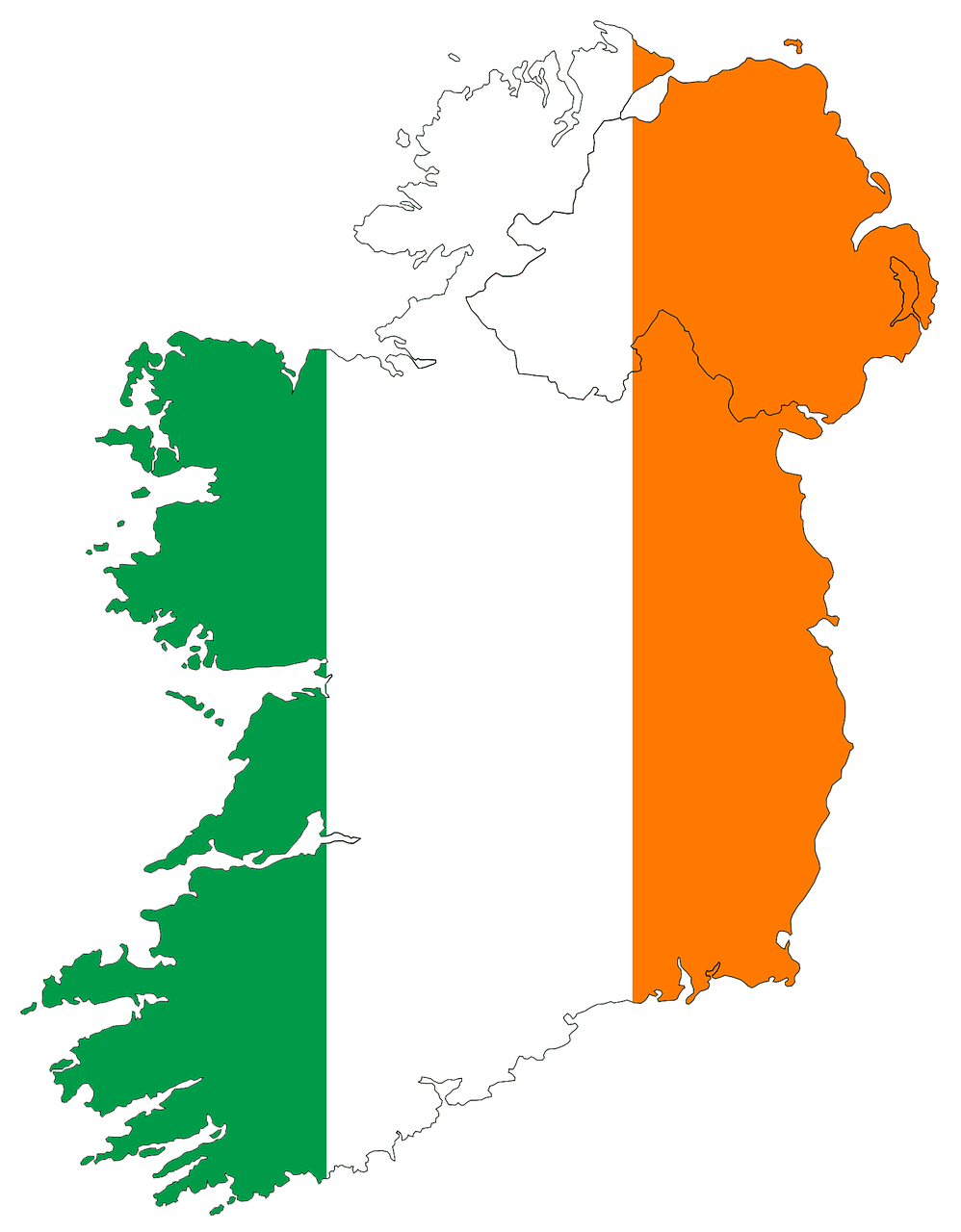Limerick City and County Council says it has at least 10,000 tonnes of rock salt at its disposal to treat Limerick roads during the coming winter. 5,000 tonnes of the available salt stock are currently in storage, including stocks held over from last winter, which was one of the mildest in recent years.
An additional 5,000 tonnes of salt will be drawn down by the council during the winter from the National Roads Authority and the Department of Transport. The shipments are scheduled to arrive into Foynes via southern Spain and North Africa during the coming weeks and months. Additional salt is available if required in an emergency situation from the NRA’s strategic salt reserve.
Limerick City and County Council’s fleet of 26-tonne salt spreader trucks, each equipped with GPS systems, will manage and coordinate road maintenance operations during the winter season.
Salt stocks will be used to treat strategic national roads excluding the motorway network and non-national routes around the city and county during the coming weeks and months. Limerick’s motorways and dual carriageways will be treated directly by contractors on behalf of the NRA, which assumed responsibility for the national motorway network in 2013.
The ‘Winter Maintenance Salting Routes 2014-15’, which are available to view on the Council website at www.limerick.ie/council, are divided into two categories, namely Priority 1 and Priority 2. Priority 1 relates to national and secondary roads, priority regional roads and some access routes to public facilities, such as the University Hospital Limerick in Dooradoyle. Priority 2 relates to Limerick’s remaining regional road network, and heavily trafficked local primary routes.
Meanwhile, Limerick City and County Council is urging members of the public to view the ‘Be Winter-Ready’ advice and information guide, which is aimed at raising awareness of the importance of preparing for severe weather.
The guide is available on the Council website and is part of a Government initiative launched in 2011. The guide features flooding advice, tips on how to reduce the risk of water leakages and shortages during freezing weather, advice on clearing snow, safety tips for driving in snow and ice, and information for the farming community, as well as a range of other public health and safety advice.
The last three winters have been mild with above average temperatures recorded throughout Limerick for much of the time. However, the winters of 2009-10 and 2010-11 brought record low temperatures, and significant disruption to traffic and travel as well as water supplies across Limerick.





